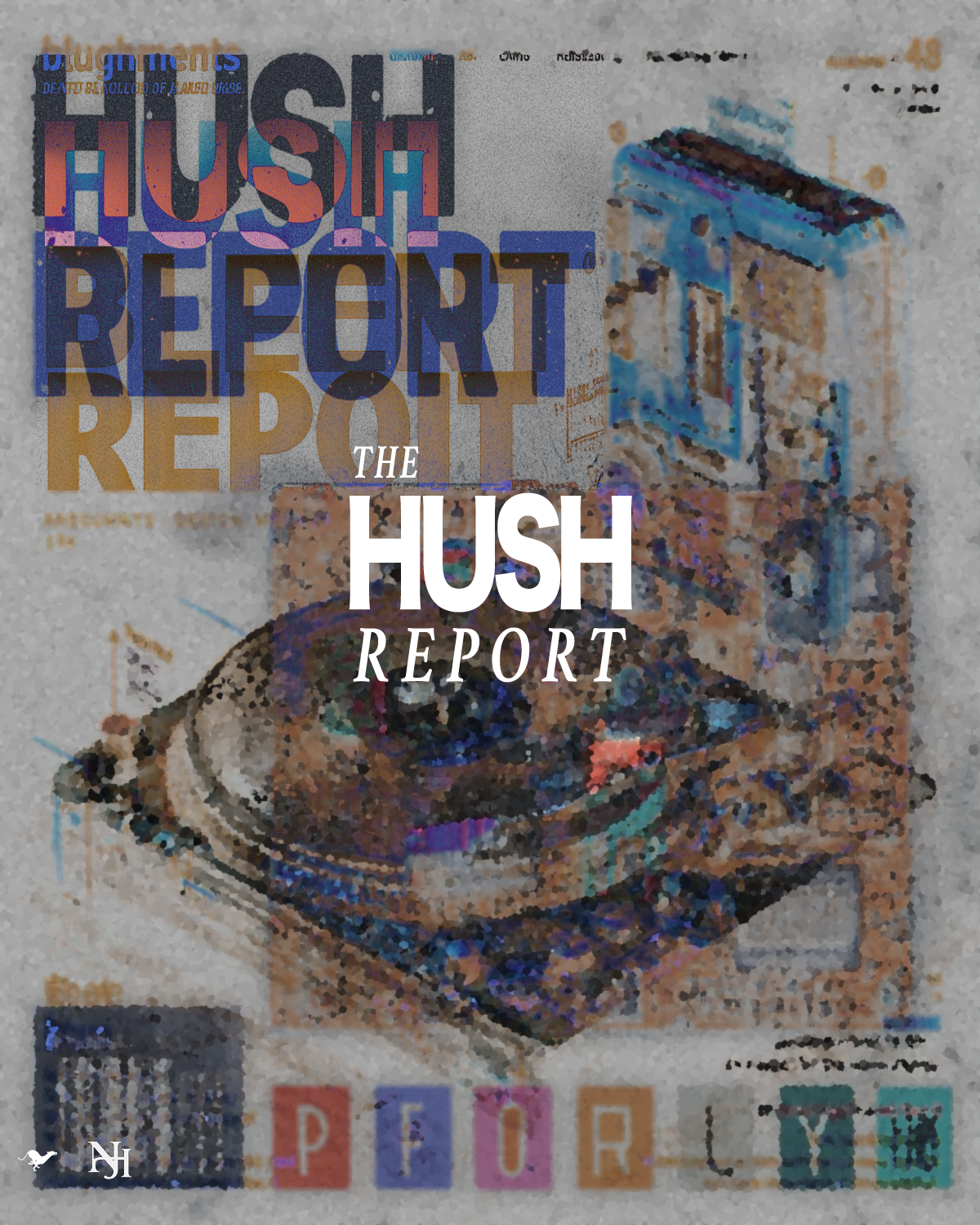
The modern music industry is no longer about instruments, it is about infrastructure. Behind every viral hit, every trending song, and every quiet rollout lies a complex machine powered by algorithms, influence, and artificial intelligence. This became undeniably clear after a long conversation with a colleague in the industry, someone with firsthand experience in publishing, digital strategy, and talent development.
What began as a check-in turned into a blueprint for what is really happening. There was no press release, no case study, just two people dissecting the real terrain behind the curated noise.
We talked about AI platforms like Suno and the myth of independent production. “If you're using their tech, they own a piece,” he told me. “You might think it’s your record. But that track you made using their system? They can market it before you even upload it.” The idea of creative freedom, it turns out, is getting rewritten in code and contracts.
Ownership in the AI era is slippery. Platforms offer access and ease, but what they often keep in return is backend leverage. Artists might not realize that what feels like independence is actually another layer of digital dependency. It raised a serious question: If you do not fully own what you made, can you really call it yours?
From there, we shifted to the streaming economy. He said bluntly, “It’s not about talent anymore. It’s about traction.” Traditional A&R has taken a backseat to metrics. Major labels want to see momentum before they offer investment. Artists are now expected to arrive with followers, content, and virality already in motion.
This is why influencers like DDG are thriving. His success is not solely from music. It is the ecosystem he controls, including YouTube videos, Twitch clips, reaction moments, and day-in-the-life vlogs. It is a lifestyle as content. Every stream is connected to a fan experience, not just a track.
This new architecture means that artists are also entrepreneurs. If you cannot market your music, budget your campaigns, or build an engaged audience, talent alone will not sustain you. AI might help you create a song. But it cannot replace the business behind a career.
Then came something neither of us expected: nostalgia for imperfection. “AI’s going to make us value human error again,” he said. The cleanliness of AI-generated music, while impressive, lacks the accidental charm of a flawed mix, a messy vocal, a distorted beat. The quirks, once considered amateur, might become our new premium.
He brought up XXXTentacion’s early recordings, rough, uneven, emotionally raw. Songs that felt like journal entries. No polish. No mixing. And yet they ignited something because of that very texture. It was music you could feel because you could tell it was not manufactured.
That rawness extended to producers like Ronny J and the Florida sound that came with it. It was abrasive and free. No gatekeepers. Just energy. The SoundCloud era, for all its chaos, gave people a reason to believe again.
And maybe that is where we are headed. AI will flood the market with technically flawless music. But in that flood, the human voice, trembling, off-beat, unfiltered, might matter more. Because the more we hear perfection, the more we will crave something real.
In the end, AI is not a threat. It is a mirror. It reveals who has vision and who is only chasing convenience. It makes the job of a true creative harder, but it also raises the value of authenticity.
Music is not just output. It is experience. And in a world where everything is made to be consumed, what still matters is what we feel.









